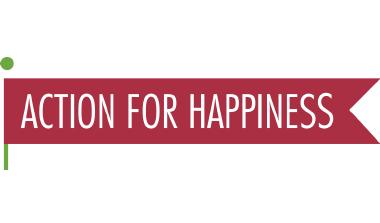Find Ways to Bounce Back - Resilience
Mental HealthAll of us have times of stress, loss, failure or trauma in our lives. But how we respond to these has a big impact on our wellbeing. We often cannot choose what happens to us, but in principle we can choose our own attitude to what happens. In practice it's not always easy, but one of the most exciting findings from recent research is that resilience, like many other life skills, can be learned.
What do we mean by resilience?
Resilience comes from the Latin word resilio - to jump back- and is increasingly used in everyday language to describe our ability to cope with and bounce back from adversity. Some people describe it as the ability to bend instead of breaking when under pressure or difficulty, or the ability to persevere and adapt when faced with challenges. The same abilities also help to make us more open to and willing to take on new opportunities. In this way being resilient is more than just survival, it includes letting go, learning and growing as well as finding healthy ways to cope.
We can all learn resilience skills
All of us can take action to increase our resilience. We are all likely to experience ups and downs so building resiliency is valuable. We can't always predict or control what life throws at us, but we can build a range of skills and nurture our resources to help us respond flexibly, effectively deal with challenges, recover more quickly and even learn and grow as a result. It can even lower our risk of depression and anxiety and enable us to age successfully. What's more the same skills can help us manage fear of taking on new opportunities and so help us develop in other ways too.
Our resilience is influenced by three key sets of factors: our development as a child and as a teenager; external factors such as our relationships with others or having a faith; and internal factors such as how we choose to interpret events, manage our emotions and regulate our behaviour.
As parents or those that work with children, we can do much to help build resilience of kids and teenagers. Whilst as adults we can't change our childhoods, there is plenty we can do to build our resilience within the second and third sets of factors, and indeed research is showing that resilience is developable in adults as well as in children.
To learn more on developing resilience, please visit the link 10 Keys to happier living - find ways to bounce back.
















































































